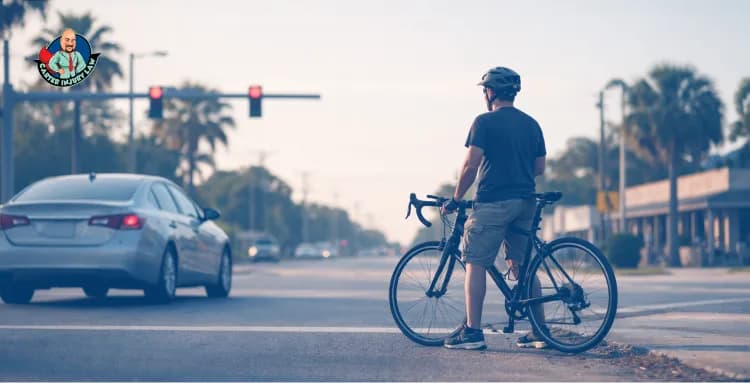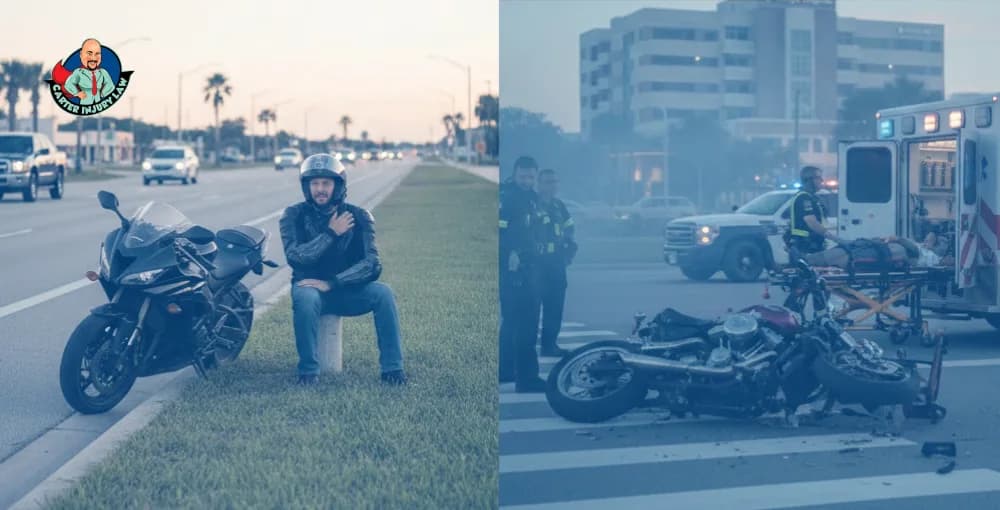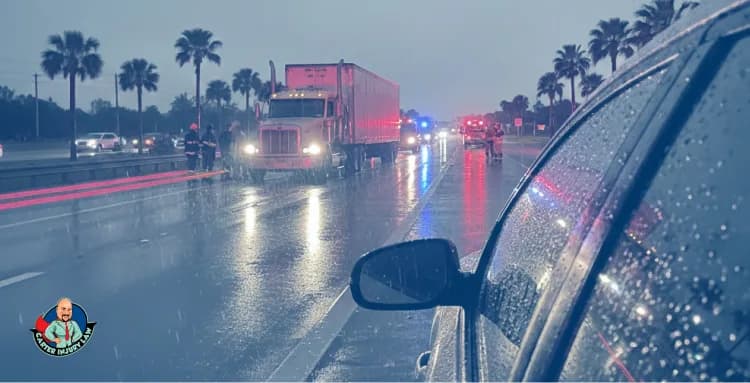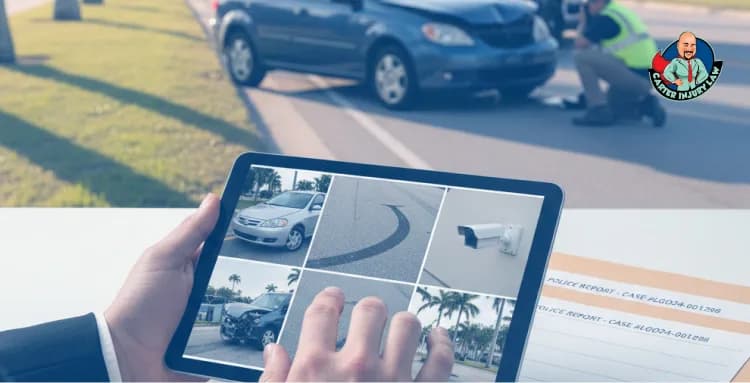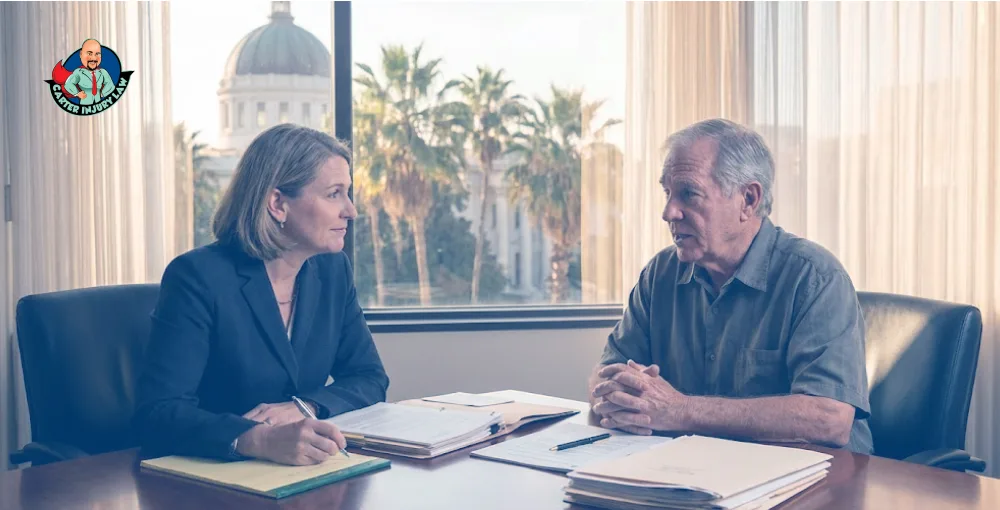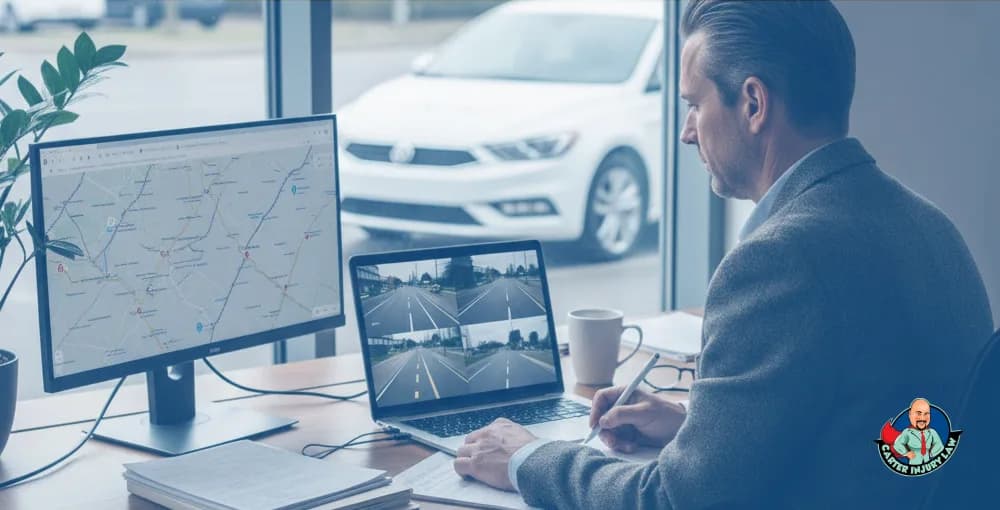The cars glide through Florida streets without a hand on the wheel, their sensors blinking like eyes that never close. At first glance, it feels like progress, the kind of science fiction that once belonged only to the movies. You tap your phone, the door opens, and you settle in, comforted by the promise that technology is smarter, quicker, safer than any human could be.
However, the ride does not always end where you expect. And when it doesn’t, the question no one wants to face lingers in the air, waiting for an answer.
1) The Rise of Autonomous Rideshares in Florida
Florida has always been a testing ground for big ideas, from space launches to theme parks, so it is no surprise that rideshare companies are bringing autonomous vehicles here. They promise a future where getting across town is as simple as pressing a button, no driver required. For some, it feels like freedom. For others, it feels like handing over control to something that cannot be reasoned with.
These vehicles are not science projects anymore, they are on real roads with real passengers. State regulators have opened the door, and the companies are eager to show that they can make transportation faster, safer, and more profitable. However, what looks like progress on paper has very real consequences when metal and lives collide.
You can already see the shift in Florida:
Cities leading the way: Places like Miami, Orlando, and Jacksonville are becoming hubs for autonomous vehicle testing.
Rideshare at the center: Companies such as Uber and Lyft are leaning heavily into AV technology as their next step.
State support: Florida law actively encourages self-driving innovation, even allowing vehicles without a human backup driver.
It feels futuristic, but every mile traveled without a hand on the wheel brings the question closer, what happens when the system makes a mistake?
2) When the Machine Makes a Mistake
For all their promises, autonomous rideshares are not immune to failure. An accident inside a self-driving car feels painfully familiar. The sound of metal folding, the shock in your chest, the sudden blur of lights, it is the same as any other crash. Only this time, when you look for the driver, there may be no one there.
The truth is that the technology has limits, and when it falters, passengers and bystanders pay the price. These crashes are not caused by speeding teenagers or drunk drivers, but by algorithms misreading the world around them. That difference does not make the injuries less real.
Common causes of autonomous rideshare accidents include:
Software misjudgments: The system fails to recognize a pedestrian, bicyclist, or unexpected obstacle.
Sensor failures: Blind spots in the vehicle’s vision lead to dangerous mistakes.
Backup driver errors: When a human is present, they may be distracted or too slow to take control.
Unpredictable road conditions: Construction zones, sudden weather changes, or aggressive human drivers create challenges that the car cannot always solve.
Crashes involving autonomous vehicles may be fewer in number compared to traditional car accidents, but when they do occur, they raise harder questions. If no one was truly driving, then who is responsible?
3) Who Is Liable When No One Is Driving?
After an autonomous rideshare crash, the first question is always the same: who is at fault? In a traditional accident, blame is often traced to a driver’s choices, but when no one is really behind the wheel, the answer is tangled. Liability can shift between multiple parties, and untangling it is not simple.
It might be the rideshare company, which put the vehicle on the road. It could be the manufacturer, whose hardware failed at a critical moment. Sometimes the software developer is at fault, the code that guided the car making a deadly error. And if a human safety driver was inside, they may also share responsibility if they failed to intervene. Florida’s no-fault insurance laws add yet another layer, often leaving victims caught between insurers and corporations pointing fingers at one another.
The complexity is not hypothetical. According to the National Highway Traffic Safety Administration (NHTSA), there were 419 crashes involving vehicles using automated driving systems reported in the U.S. between July 2021 and May 2022. That number may seem small compared to all crashes on Florida roads, but it shows how quickly these incidents are becoming part of the legal landscape.
Fear of this uncertainty is real among drivers and passengers. A 2023 survey from AAA revealed that 68% of Americans said they were afraid to ride in a fully self-driving car, a sharp increase from the previous year. That kind of fear is not just about technology, it is about accountability. People want to know that if the machine fails, they will not be left alone to pick up the pieces.
4) The Human Cost Behind the Tech Hype
For all the glossy marketing and sleek designs, the reality of an autonomous rideshare crash feels very ordinary. It is the hospital bills that pile up on the kitchen counter, the days of work missed, the family routines thrown into disarray. The technology might be new, but the suffering it leaves behind is not.
Every promise of progress carries a shadow, and for those caught in an accident, that shadow feels heavier than the hype. The ride was supposed to be simple, a way to get from one place to another. Instead, it became a turning point in someone’s life.
Victims of autonomous rideshare crashes often face:
physical injuries: broken bones, head trauma, spinal injuries, or long-term complications.
emotional toll: anxiety about getting back into a car, sleepless nights, lingering fear.
financial difficulties: medical costs, lost income, and the uncertainty of when or if normal life will return.
legal confusion: struggling to figure out who is responsible and how to hold them accountable.
When the accident fades from headlines, these are the things that remain, shaping the lives of those left behind.
5) What To Do If You Are Injured in an AV Rideshare Accident in Florida
The moments after a crash are confusing, whether the vehicle had a driver or not. In an autonomous rideshare, that confusion can be even sharper. Knowing what steps to take can protect both your health and your rights.
Here are the essentials to keep in mind:
Call emergency services right away: Even if injuries seem minor, having an official record matters.
Document the scene: Take photos or videos of the vehicle, the roadway, and any visible damage or injuries.
Collect information: In rideshare cases, app records, vehicle IDs, and trip details are as important as license plates.
Seek medical care immediately: Some injuries do not show up until hours or days later. Getting checked early helps both your recovery and your case.
Avoid dealing directly with the company: Rideshare or tech companies may reach out, but their goal is to protect themselves.
Contact an attorney: These cases are complex, and having someone experienced in AV liability makes the difference between confusion and clarity.
An autonomous vehicle crash is not the kind of fight anyone should face alone.
6) Standing With You, Not the Corporations
When a rideshare accident with a driverless car shatters your life, the hardest truth is that you are suddenly asked to fight against companies with money, lawyers, and endless time. They protect themselves quickly, while you are left with pain, bills, and questions that never stop. Facing that alone is too much for anyone.
We can see your world has been interrupted, carrying injuries and doubts, and you deserve more than silence from the system. Our work is to clear away the confusion, to stand against those who would avoid responsibility, and to win back what you need to move forward.
We do this on a contingency fee basis, which means you do not pay us unless we win for you. Your focus should be on healing, not on how to afford justice.
If you or someone you love has been hurt in an autonomous rideshare accident in Florida, reach out to us.



